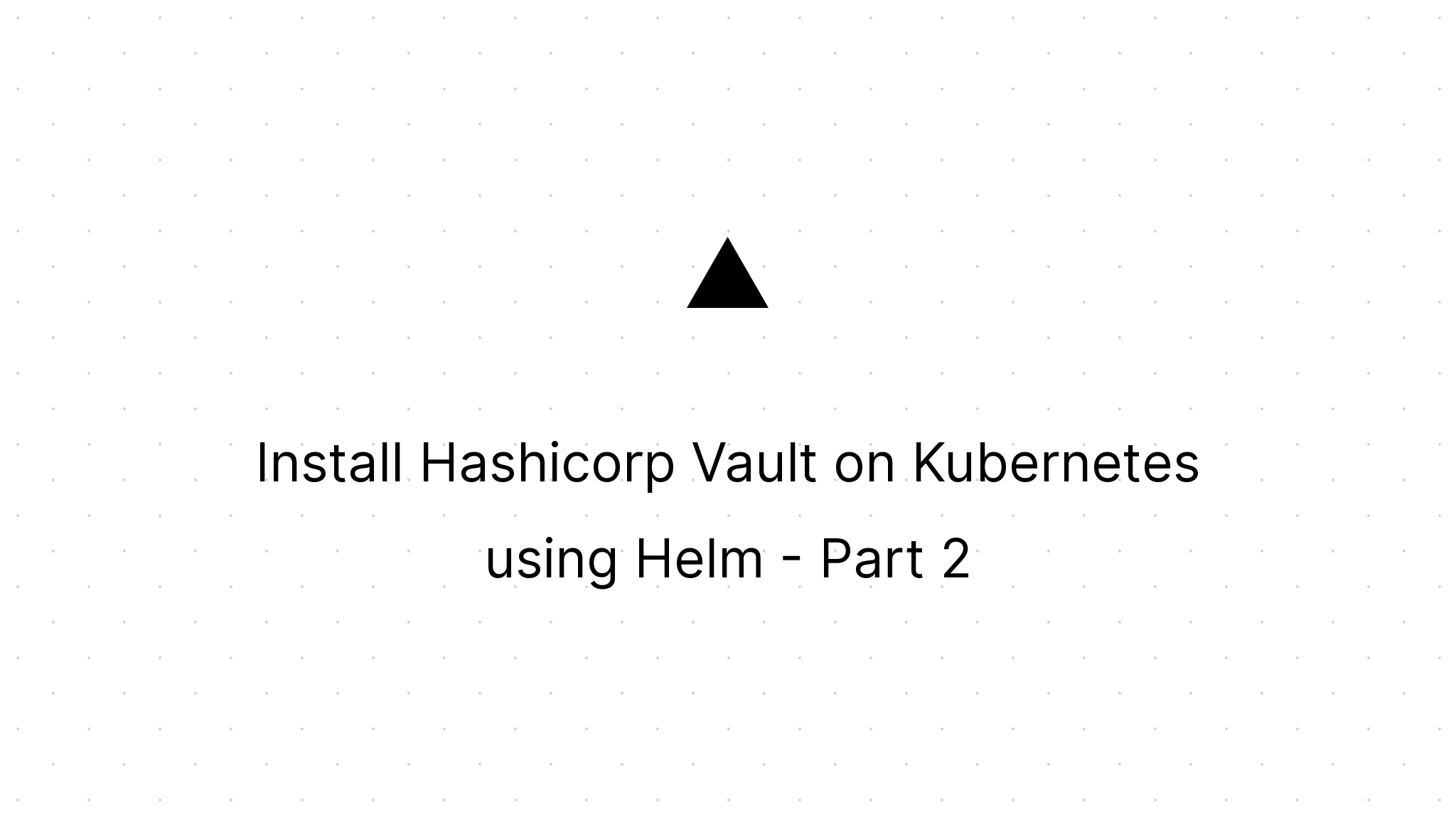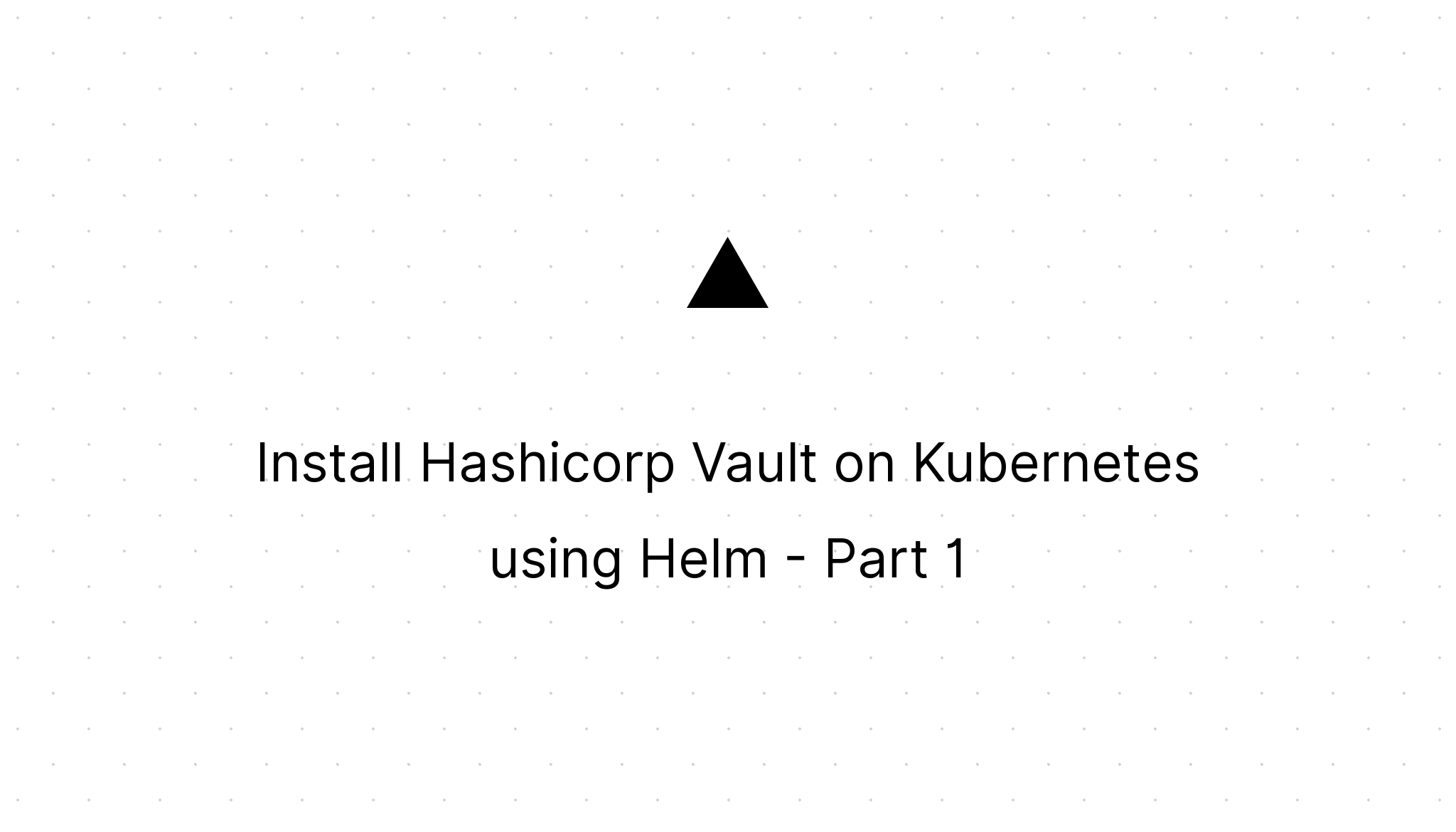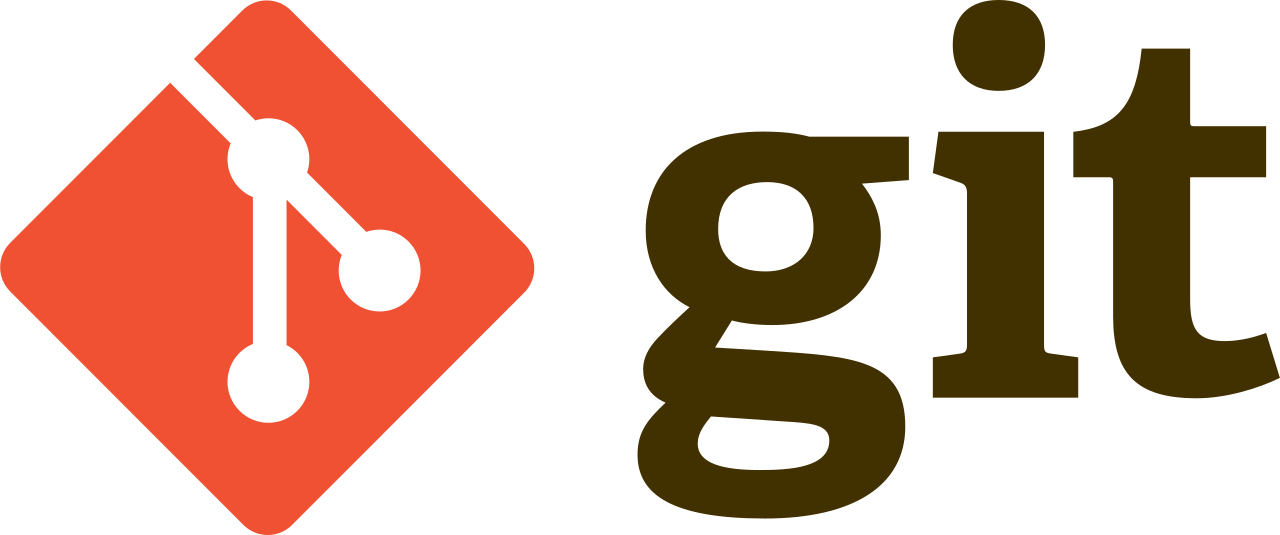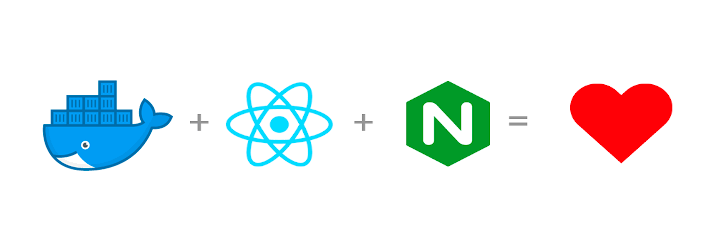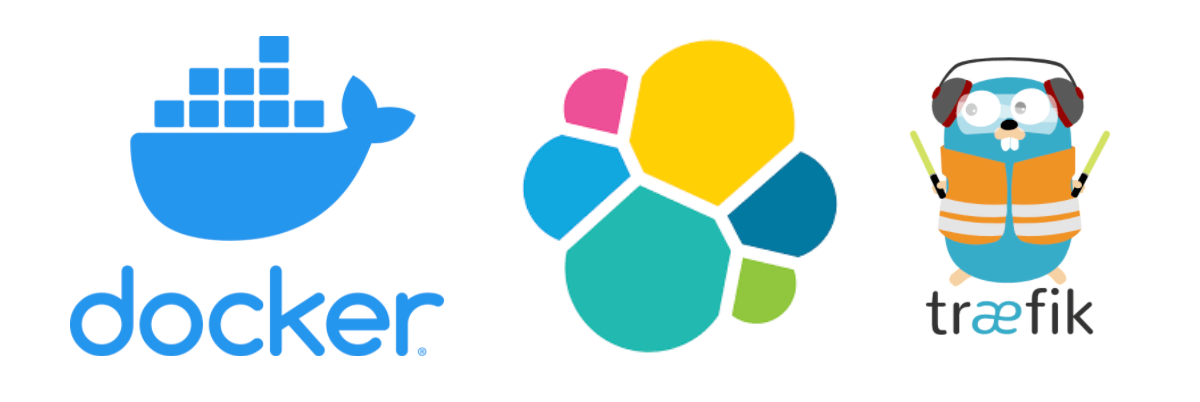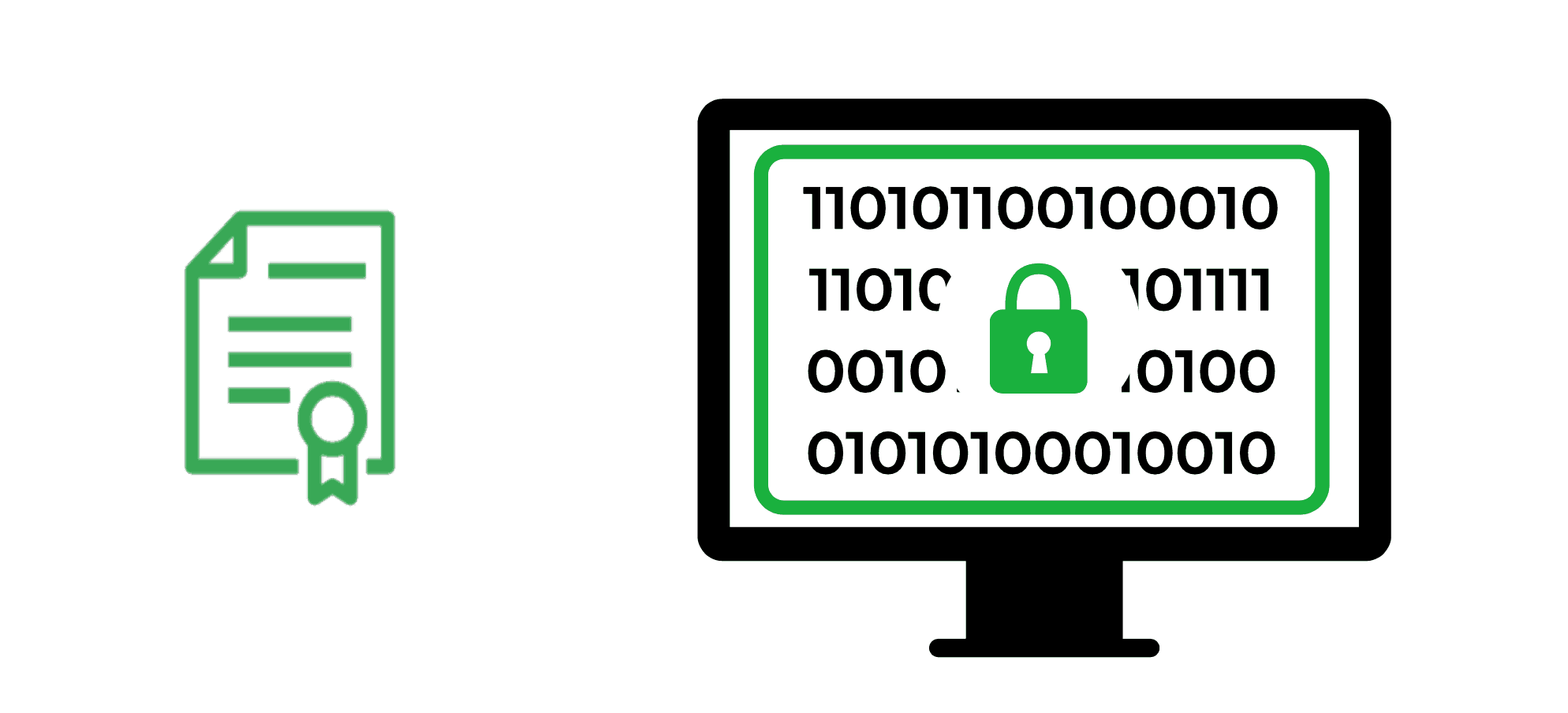Blog.
Hi, my name is Marco. Working as a Senior Software Architect at Philips. I'm an Opensource Maintainer and Contributor. If you like my work, consider to sponsor my work.
I wrote my first blog March 2011. Mostly I'm writing on software development. In total I wrote 75 articles in 7 categories. Use search below to filter by title or click a category or tag to filter by tag or category.
Categories:
Tags:
Stories
Gitops using Helmsman to apply our Helm Charts to k8s
Marco Franssen /
In my last blog series I have shown an example of deploying Hashicorp Vault on Kubernetes using Helm Charts (see references). This time I want to show you how to more easily integrate this into your … wait for it … 😄, DevSecGitOps flow. Especially Helm charts help a lot in connecting the software part with our infrastructure / deployment (DevOps). Besides that we can embed all kind of security practices in our Helm charts like for example RBAC, Network policies etc. In this blog I want to show…
Install Hashicorp Vault on Kubernetes using Helm - Part 2
Marco Franssen /
In part 1 we had a look at setting up our prerequisuites and running Hashicorp Vault on our local Kubernetes cluster. This time we will have a look at deploying Hashicorp Vault on a EKS cluster at AWS. This time we will deploy a Vault cluster in High Availability mode using Hashicorp Consul and we will use AWS KMS to auto unseal our Vault. First lets have a look at the new tools we are about to introduce. If you didn't read part 1, you might consider reading that first to get a bit more underds…
Install Hashicorp Vault on Kubernetes using Helm - Part 1
Marco Franssen /
In this blogpost I want to show you how to deploy Hashicorp Vault using Helm on Kubernetes. We will look at deploying on your local machine for development and experimental purposes but also at how to deploy a high available setup on AWS using Hashicorp Consul and automated unsealing using a AWS KMS key. I assume most of you will know about Hashicorp Vault, Helm, Kubernetes and Consul and therefore I will not go very much in details on the tools themself. In this first article of the series we…
Upgrade your SSH security
Marco Franssen /
As a DevOps engineer you are probably familiar with SSH keys and how to use them already. I wrote some blogs on SSH in the past as well see the references. This time I want to zoom in a bit on the encryption strength of your keys and the encryption types you can use. Why should you care about this? In todays world password are becoming more and more a security risk. In the near future Github for example will not support password authentication anymore for clone, push and pull actions, just lik…
Remove files from Git history using git-filter-repo
Marco Franssen /
Many of you have probably been in a situation where you committed a file in your repository which you shouldn't have done in the first place. For example a file with credentials or a crazy big file that made your repository clones very slow. Now there are a lot of blogs and guides already available on how to get these files completely removed. It involves git filter-branch or bfg sourcery. In this blog I'm going to show you the new recommended way of doing this using git-filter-repo, which simpl…
Nginx 1.19 supports environment variables and templates in Docker
Marco Franssen /
In this blog I want to show you a nice new feature in Nginx 1.19 Docker image. I requested it somewhere 2 years ago when I was trying to figure out how I could configure my static page applications more flexibly with various endpoints to backing microservices. Back then I used to have my static pages fetch a json file that contained the endpoints for the apis. This way I could simply mount this json file into my container with all kind of endpoints for this particular deployment. It was some sor…
Building a Elasticsearch cluster using Docker-Compose and Traefik
Marco Franssen /
In a previous blog I have written on setting up Elasticsearch in docker-compose.yml already. I have also shown you before how to setup Traefik 1.7 in docker-compose.yml. Today I want to show you how we can use Traefik to expose a loadbalanced endpoint on top of a Elasticsearch cluster. Simplify networking complexity while designing, deploying, and running applications. We will setup our cluster using docker-compose so we can easily run and cleanup this cluster from our laptop. Create a Elasti…
Signing Docker images using Docker Content Trust
Marco Franssen /
In this blog I want to introduce you to the concept of signing Docker images. Signing your docker images will add some layer of trust to your images. This can guarantee a consumer of your image that this image is for sure published by you and hasn't been tampered with by others. You might already used PGP to sign your Git commits. In this blogpost I shown a nice way of setting PGP signing keys using Krypton that adds 2FA. In practice Docker image signing is the same concept. If this all sounds…
Secure your web app fluently
Marco Franssen /
When building a big web application with ASP.NET MVC 3 I ran into a problem to secure my web application in a maintainable way. There are lots of examples with attributes, but this isn't maintainable. So I started searching for other solutions, however most of the information is leaning on those un-maintainable attributes I finally found "Fluent Security". What does Fluent Security offer you? Fluent Security provides a fluent interface for configuring security in ASP.NET MVC. No attributes or…

